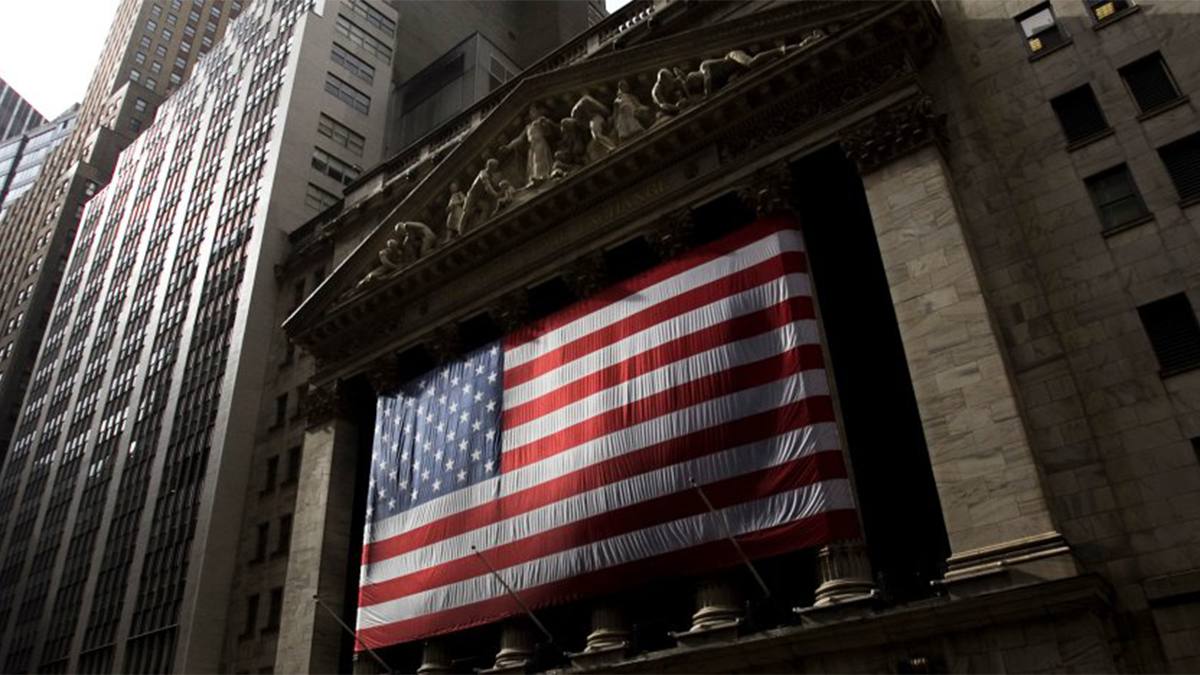US President Trump’s immigration ban could affect the tech sector

There is an evident increase of migrant workers, particularly from Asia, reaching out to the US to work in Silicon Valley.
Besides Mexico, China, and India now give a huge number of the new working population.
This transfer of talent could now be stopped under Trump’s temporary ban, aimed at stopping the virus spreading and securing American jobs.
According to the Pew Research Center, over one million immigrants come to the US every year, although this figure has decreased in recent years.
In 2017, India was the number one country to reach the US to work, followed by Mexico, China, and Cuba.
“This will affect immigration movements into the IT sector in the US from India and China, being two countries with huge migration numbers around the world,” shared Latha Olavatth at immigration specialist Newland Chase.
“China and India also have other business sectors where the ban will impact their movements to the States, further crippling trade and the economy adversely.”
According to Pew Research Center, nearly 50% of immigrants live in just three states – New York, Texas, and California, home of Silicon Valley, where tech giants such as Google, Facebook, and Cisco are based.
“Trump’s immigration ban will hurt US tech companies’ ability to recruit the talent necessary to remain competitive and focus on innovation,” said Shaun Rein, managing director of the China Market Research Group.
“Instead of staying in America and building America’s tech prowess, top talent will return to their home countries and build the next round of innovation powerhouses.”
US companies are struggling with Chinese internet giants such as Alibaba and ByteDance in the field of innovation.
“Now, with the immigration ban, more top Chinese, Indian and other foreign talents will seek jobs in tech hubs internationally like Shenzhen, Seoul, and Bangalore rather than Silicon Valley. They will push invention and innovation in software, hardware and in semi-conductors,” Rein added.
When Trump imposed travel bans on immigrants from seven Muslim-majority countries in 2018, tech firms voiced their disapproval.
“Apple would not exist without immigration,” Apple chief executive Tim Cook said at the time. He was joined by the heads of other tech giants, including Amazon founder Jeff Bezos, who spoke out against the travel bans.
Before Tuesday’s announcement, the US government had been debating how man migrant workers to allow into the country under its seasonal H-2B program.


